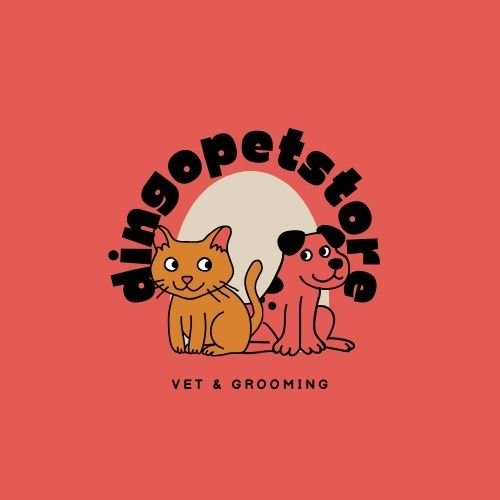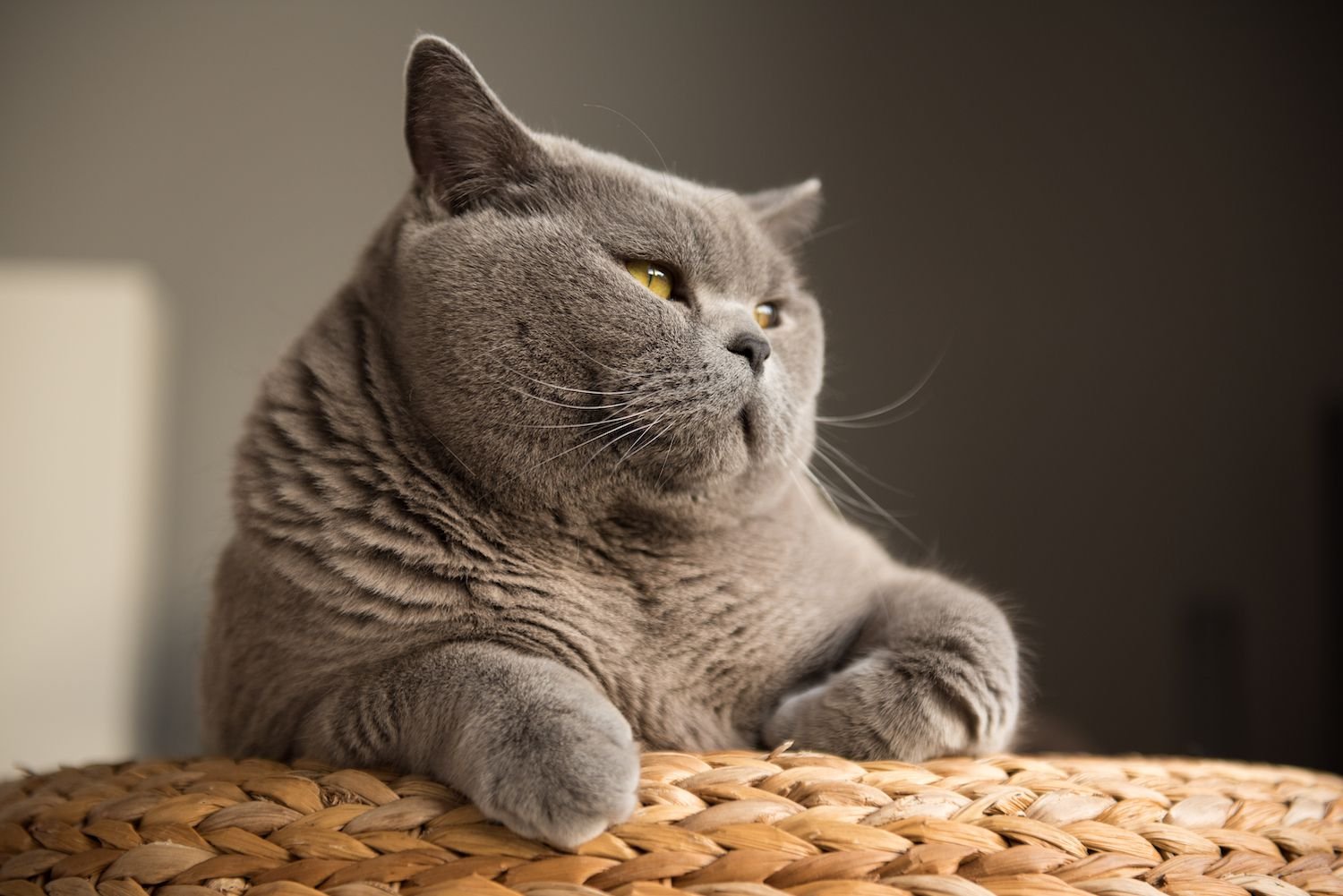The costs of responsible cat ownership include food, water, medical attention, exercise, shelter, and companionship. Cats are dependent on their owners for all their needs, and being a responsible cat owner is important for the welfare of the cat and the community.
Additionally, responsible cat ownership involves adoption fees, spay/neuter costs, and veterinary expenses. It is essential to consider the expenses associated with owning a cat before making the decision to become a cat parent. By understanding the costs involved, potential cat owners can make informed choices and provide the best care for their furry companions.
:max_bytes(150000):strip_icc()/MonicaTarantinoDVM-9f4669be5845438ea0724e3a01211bf6.jpg)
The Basics Of Responsible Cat Ownership
When it comes to being a responsible cat owner, there are several important factors to consider. Meeting the basic needs of your cat, providing medical attention and vaccinations, and ensuring safety and security are all essential aspects of responsible cat ownership. By prioritizing these areas, you can ensure that your furry friend is healthy, happy, and well-cared for.
Meeting The Basic Needs Of A Cat
Meeting the basic needs of your cat is the foundation of responsible ownership. This includes providing them with nutritious food and fresh water, a comfortable shelter, and a clean litter box. Cats also need mental and physical stimulation, so it’s important to provide them with toys, scratching posts, and opportunities for play and exercise.
In addition, regular grooming is essential to keeping your cat’s coat clean and healthy. Brushing their fur regularly not only helps to reduce shedding but also strengthens the bond between you and your cat.
Providing Medical Attention And Vaccinations
Providing proper medical attention and vaccinations is crucial for maintaining your cat’s health. Regular check-ups with a veterinarian are necessary to monitor their overall well-being, identify any potential health issues, and ensure they are up-to-date on vaccinations.
Spaying or neutering your cat is also an important aspect of responsible ownership. Aside from preventing unwanted litter, spaying or neutering your cat has various health benefits and can help reduce certain behavioral problems.
Ensuring Safety And Security
Ensuring the safety and security of your cat is vital. This includes creating a cat-friendly environment in your home by removing hazardous items, securing windows and balconies, and providing them with a safe and comfortable sleeping area.
Microchipping your cat is another important step to take. This tiny chip embedded under their skin contains essential information about your cat, making it easier to reunite them with you in case they ever get lost.
To provide additional security, keeping your cat indoors is recommended. This not only protects them from outdoor dangers such as traffic and predators but also helps prevent them from straying and potentially causing problems in the community.
In conclusion, responsible cat ownership involves meeting the basic needs of your cat, providing the necessary medical attention and vaccinations, and ensuring their overall safety and security. By fulfilling these responsibilities, you can create a loving and nurturing environment for your feline companion.

The Costs Of Owning A Cat
Owning a cat comes with responsibilities, including the cost of providing food, water, medical care, and shelter. However, the love and companionship offered by furry friends make it all worthwhile. Consider the expenses of responsible cat ownership in Austin, Texas, United States.
Initial Adoption Expenses
Adopting a cat comes with certain initial expenses that need to be taken into account. These costs typically include the adoption fee, which can vary depending on the shelter or rescue organization. Additionally, you may need to consider the cost of a carrier for bringing your new feline friend home, as well as a litter box, food and water bowls, and a scratching post for their comfort and well-being.
Recurring Expenses
Once you’ve welcomed a cat into your home, it’s important to remember that there will be ongoing expenses to ensure their long-term care. Two of the most significant recurring expenses for cat owners are food and litter. While the cost of cat food can vary depending on the brand and type, it’s crucial to provide a balanced and nutritious diet to keep your cat healthy. As for litter, this is an essential item for maintaining your cat’s hygiene and can be purchased in varying quantities and types to suit your needs and budget.
In addition to food and litter, recurring expenses may also include regular visits to the veterinarian for check-ups, vaccinations, and preventive health care. It’s crucial to prioritize your cat’s well-being by scheduling these appointments and budgeting for associated costs, such as medications or treatments if needed.
Optional Expenses
Apart from the necessary expenses, being a responsible cat owner also means providing optional items that can enhance your cat’s quality of life. These optional expenses may include toys and treats to keep your cat mentally stimulated and entertained, grooming supplies for maintaining their coat and overall appearance, and pet insurance to protect against unexpected veterinary costs.
While these optional expenses may not be essential, they can contribute greatly to your cat’s happiness and overall well-being. It’s important to consider your budget and lifestyle when deciding which optional expenses are feasible for you and your feline companion.
In conclusion, owning a cat involves both one-time and recurring expenses. Initial adoption expenses include the adoption fee and necessary supplies, while recurring expenses mainly consist of food, litter, and vet care. Optional expenses can further enhance your cat’s quality of life. Understanding these costs is vital for responsible cat ownership and ensuring your furry friend lives a happy and healthy life by your side.
Tips For Being A Responsible Cat Owner On A Budget
Being a responsible cat owner means ensuring your furry friend’s well-being without breaking the bank. While owning a cat comes with financial responsibilities, there are ways to cut costs without compromising your pet’s health and happiness. In this article, we will explore three important aspects of responsible cat ownership on a budget: finding affordable cat food and litter options, identifying low-cost veterinary care, and budgeting for cat expenses.
Finding Affordable Cat Food And Litter Options
Feeding your cat nutritious food is crucial for their health. To keep costs down, consider these tips:
- Look for store-brand cat food options, which are often more affordable than premium brands.
- Buy cat food in bulk to take advantage of economies of scale and reduce per-unit costs.
- Consider alternative sources of protein, such as frozen or fresh meats, which can be cheaper than commercially prepared cat food.
| Food Options | Price Range |
|---|---|
| Store-brand dry cat food | $10–$20 for a 10-pound bag |
| Frozen or fresh meat varieties | $2 – $5 per pound |
When it comes to litter, consider these cost-saving options:
- Opt for clumping litter, which tends to last longer than non-clumping alternatives.
- Look for generic or store-brand litter, as they are often more affordable than branded options without compromising on quality.
- Consider using shredded newspaper or wood pellets as a cost-effective alternative to traditional cat litter.
Identifying Low-cost Veterinary Care
Regular veterinary care is essential to ensure your cat’s health and prevent potential issues. Here are some options to make it more affordable:
- Research low-cost veterinary clinics in your area that offer discounted services, vaccinations, and spaying and neutering.
- Consider pet insurance, which can help cover unexpected medical expenses.
- Look for special discounts or promotions offered by local veterinary clinics.
Budgeting For Cat Expenses
Creating a budget can help you manage your cat-related expenses efficiently. Here’s a breakdown of potential cat expenses to consider:
- Food and treats: Allocate a monthly budget for your cat’s nutritional needs.
- Litter and litter box supplies: Estimate the monthly cost of litter and related accessories.
- Annual veterinary check-ups: plan for routine visits, vaccinations, and preventive care.
- Medical emergencies: Set aside an emergency fund or consider pet insurance to handle unexpected medical expenses.
By being proactive and conscientious in managing your cat-related expenses, you can be a responsible cat owner while staying within your budget.
:max_bytes(150000):strip_icc()/Economics_Pet_Ownership_Version1_4230436-4069a35c45f44bee8392c915daa342a1.png)
Frequently Asked Questions For The Costs Of Responsible Cat Ownership
What Are The Costs Of Maintaining A Cat?
The costs of maintaining a cat include food, water, medical attention, exercise, shelter, and companionship. Cats rely on their owners for all their needs, and being a responsible cat owner is important for their welfare and the welfare of the community.
What Is The Most Expensive Part Of Owning A Cat?
The most expensive part of owning a cat is veterinary costs, including vaccinations, check-ups, and potential medical treatments.
How Much Of A Responsibility Is A Cat?
Cats require food, water, medical care, exercise, shelter, companionship, and more. Responsible cat ownership is a significant responsibility, but the love and devotion received from a cat outweigh the daily responsibilities. Owners have a duty of care to ensure the welfare of their cat and the community.
Is It Important To Be A Responsible Cat Owner?
Responsible cat ownership is crucial. Cats rely on their owners for all their needs – food, water, medical care, exercise, shelter, and companionship. Being a responsible cat owner ensures their welfare and the welfare of the community they live in.
It also brings unconditional love and devotion to your life.
Conclusion
Owning a cat comes with its own set of costs, but the rewards are immeasurable. From food and litter expenses to veterinary care and potential adoption fees, being a responsible cat owner requires financial commitment. However, the love and companionship that cats provide outweigh these costs for many people.
Remember, responsible cat ownership not only benefits the cat but also the community. By fulfilling our duty of care towards our furry friends, we ensure their well-being and contribute to a harmonious environment. So, if you’re considering welcoming a cat into your life, be prepared for the responsibilities and expenses that come along with it.

